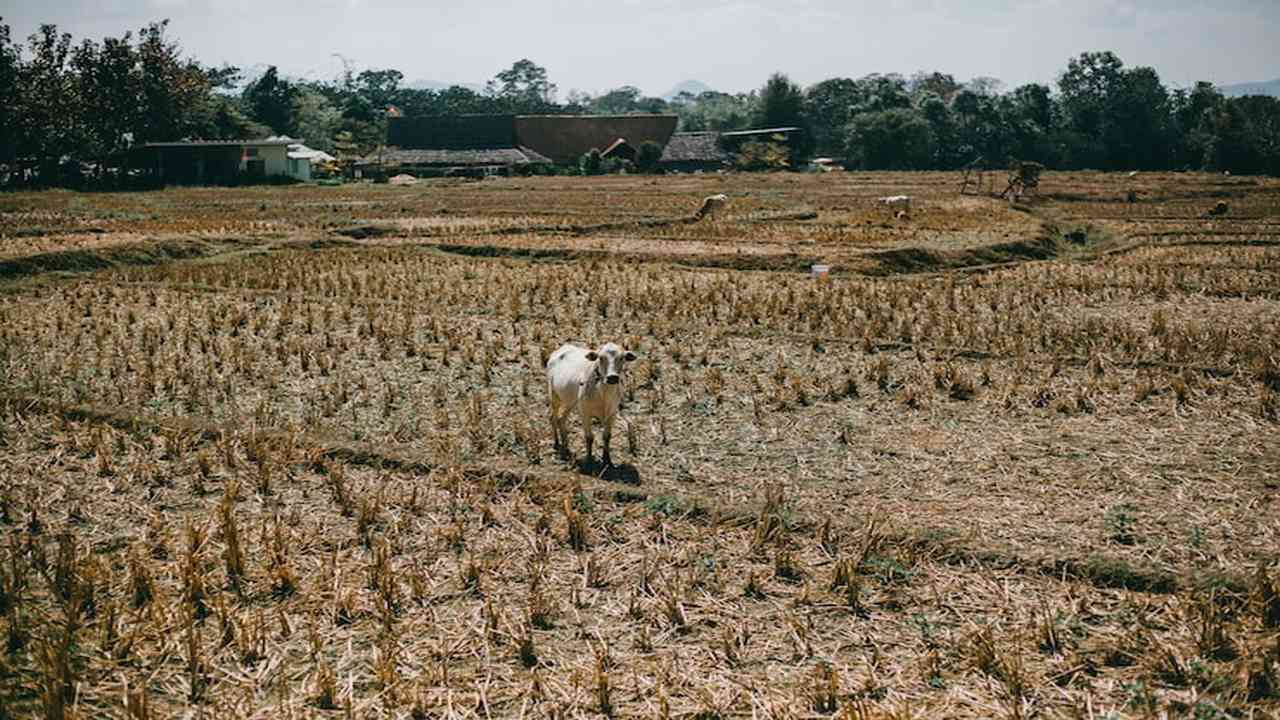 The global food system is in crisis, with hunger rising, development aid dwindling, and food becoming a weapon in conflicts. The UN's Food and Agriculture Organization (FAO) is under scrutiny for its inefficiencies and corporate ties. As FAO embarks on a crucial reform journey, the stakes are high. This article delves into the broken state of the food system, the challenges facing FAO, and the urgent need for comprehensive reform to ensure a sustainable and equitable future.
The global food system is in crisis, with hunger rising, development aid dwindling, and food becoming a weapon in conflicts. The UN's Food and Agriculture Organization (FAO) is under scrutiny for its inefficiencies and corporate ties. As FAO embarks on a crucial reform journey, the stakes are high. This article delves into the broken state of the food system, the challenges facing FAO, and the urgent need for comprehensive reform to ensure a sustainable and equitable future.
Challenges in the Global Food System
The global food system is facing a multitude of challenges, from climate change impacts to biodiversity loss and strained health systems. These issues are exacerbated by the increasing weaponization of food in conflicts, highlighting the urgent need for a comprehensive overhaul. The rise in hunger and malnutrition further underscores the critical state of the food system, necessitating immediate action to address these interconnected crises. Companies like IFAD and WFP play a crucial role in providing food aid and support in conflict zones, but the fragmented nature of their operations calls for better coordination and alignment of goals to maximize impact.
Inefficiencies in FAO and Fragmentation of Mandates
The inefficiencies within the FAO have been a longstanding issue, with internal reviews failing to address structural problems effectively. The fragmentation of FAO's original mandate across multiple agencies like CGIAR and IFAD has led to duplicated functions, diluted responsibilities, and confusion over accountability. This institutional overlap not only hampers the effectiveness of these organizations but also raises concerns about the efficient use of resources. Addressing these inefficiencies and clarifying mandates is crucial to streamlining operations and enhancing the impact of these agencies in addressing global food challenges.
Corporate Partnerships and Conflicts of Interest
One of the key concerns surrounding FAO's effectiveness is its corporate partnerships with agrochemical and agribusiness companies. These partnerships have raised questions about conflicts of interest, potentially undermining FAO's independence and credibility. The blurred lines between public mandates and private-sector influences pose a significant challenge to FAO's ability to lead the necessary transformation of the food system. As FAO embarks on reforms, it must carefully evaluate these partnerships and ensure that they align with its core mission of promoting sustainability, ethical sourcing, and transparency in global supply chains.
Need for Comprehensive Reform and Accountability
As FAO initiates a full organizational review to become "fit for purpose," the focus must be on comprehensive reform that addresses not only internal inefficiencies but also external partnerships and mandates. The success of this reform process will depend on the inclusivity of stakeholders involved, including member states, civil society voices, and other relevant entities. Establishing clear accountability mechanisms and setting the right terms of reference are essential steps in ensuring that the reform process tackles the root causes of the broken food system. Companies like WFP and CGIAR must actively participate in this reform to drive meaningful change and contribute to a more sustainable and equitable future.
Collaborative Opportunities and Global Governance
Amid the challenges facing the global food system, there are opportunities for collaboration and joint action to address systemic issues. Organizations like FAO, WFP, and civil society groups have demonstrated the potential for collective efforts to uphold food rights and influence global trade talks positively. By leveraging existing cooperation and partnerships, these entities can work towards building a more resilient and transparent food system. The success of FAO's reform journey will rely on fostering greater collaboration, transparency, and accountability across all stakeholders involved in shaping the future of food security and sustainability.
Conclusion
The broken state of the global food system demands urgent and comprehensive reform, with the FAO at a critical juncture. Addressing challenges in inefficiencies, fragmented mandates, and corporate partnerships is paramount to ensuring sustainability and equity. As FAO embarks on this reform journey, collaboration, transparency, and accountability must guide the path forward. Stakeholders like WFP and CGIAR play a pivotal role in driving meaningful change towards a more resilient and transparent food system. The time for action is now, as we collectively strive for a future where food is a source of nourishment, not a tool of conflict.